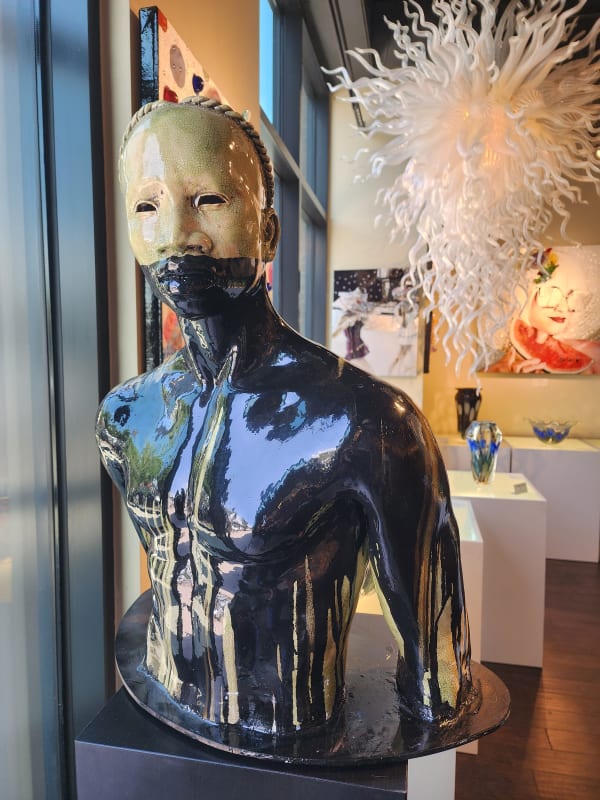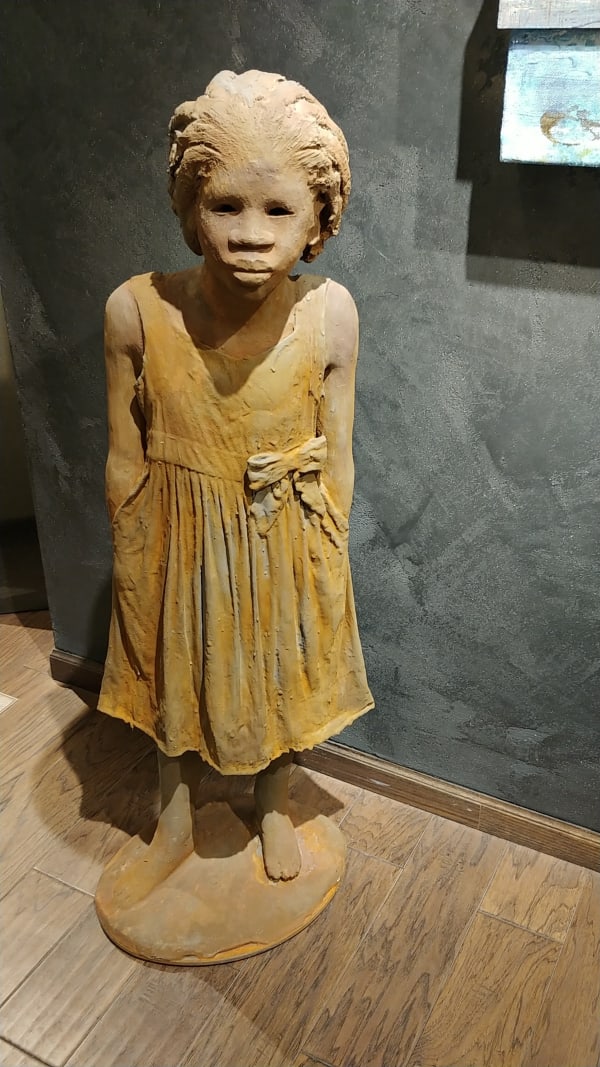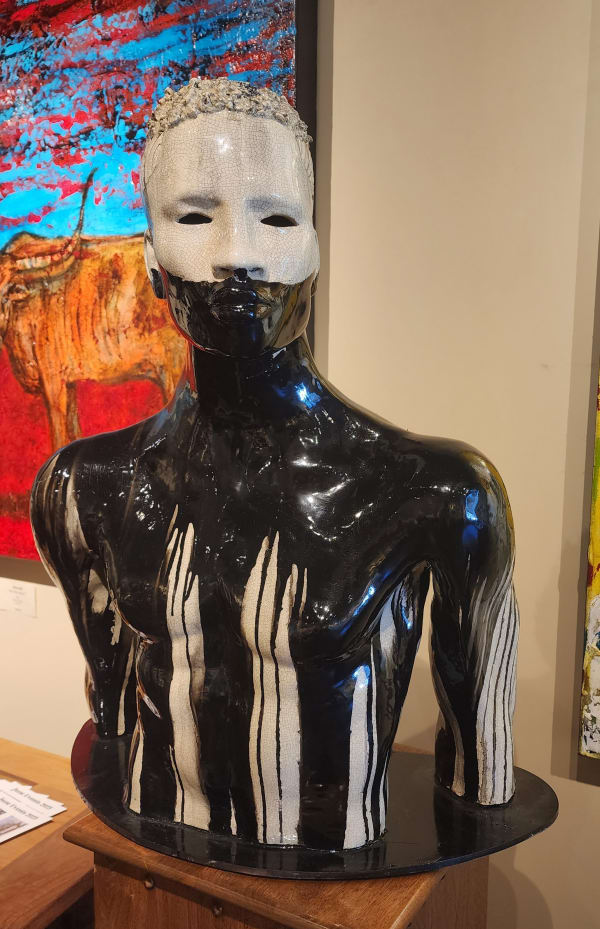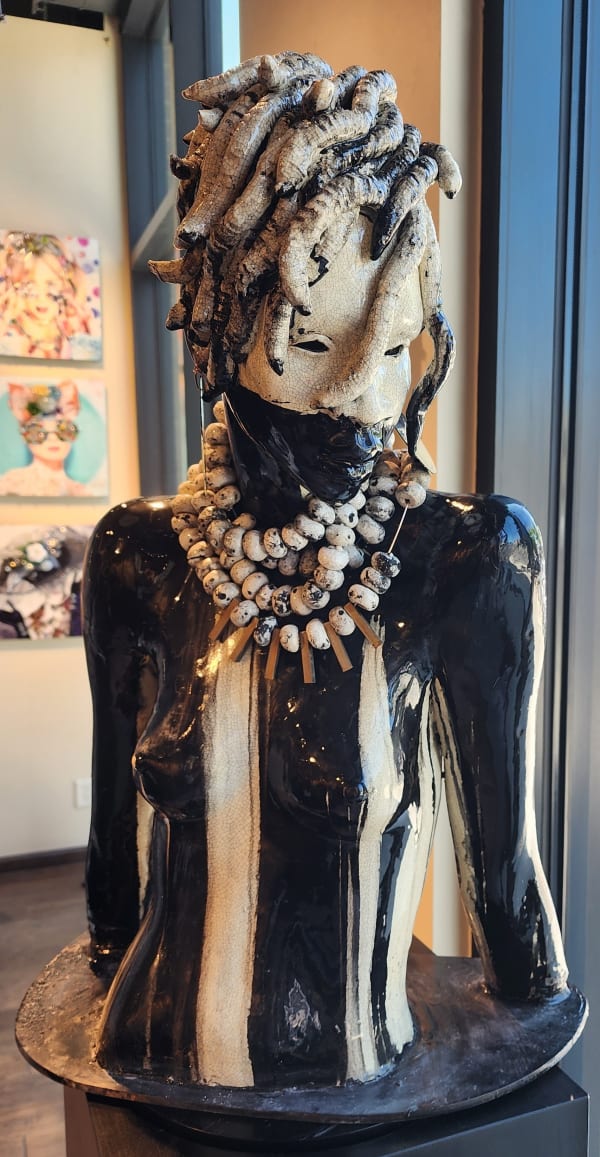Woodrow Nash
Works
Biography
The human “shell”, outward appearance, or the external form merely distinguishes us from others. Deep inside each of us exists the moral fiber of who we really are. Nash’s visual representations of the body work metaphorically and methodically to explore the masculine and feminine form- these works reveal the essential “spirit” of man.
"African Nouveau” is the term Nash uses to describe his present body of work. It's specifically African and European in influence. While the images are African, in general, the concept is 15th century Benin with the graceful, slender proportions and long, undulating lines of 18th century Art Nouveau. In his pieces, Nash achieves his goal of integrating expression, complex symbolism and sophisticated aesthetics to yield striking embodiments of the human soul and sensuality. Both styles were often asymmetrical, using decorative shapes and ornamental motifs derived from natural forms. The two styles lend themselves well to each other, hence, the term "African Nouveau".
In the tradition of the great masters, Woodrow Nash's consuming passion to elevate the human spirit takes the form of sculptures. He builds a sense of mystery and charisma into each sculpture. Through his pieces, Nash achieves his goal of integrating expression, complex symbolism and sophisticated aesthetics to yield striking embodiments of the human soul and sensuality.
Nash’s sculptures transmit human delicacies and inner harmony. Examining the contemporary male and female physique, he explores the body's natural form and mythology. Incorporating various styles and techniques utilizing stoneware, earthenware, terracotta or porcelain, Nash's work is fired electronically, pit fired or via a "raku" effect - creating an "African Nouveau" trademark that's solely his own.
Today, the work of Woodrow Nash is collected internationally. His collectors' demographics have no racial boundaries, and include everyone from working professionals to affluent sports figures and entertainment superstars.




